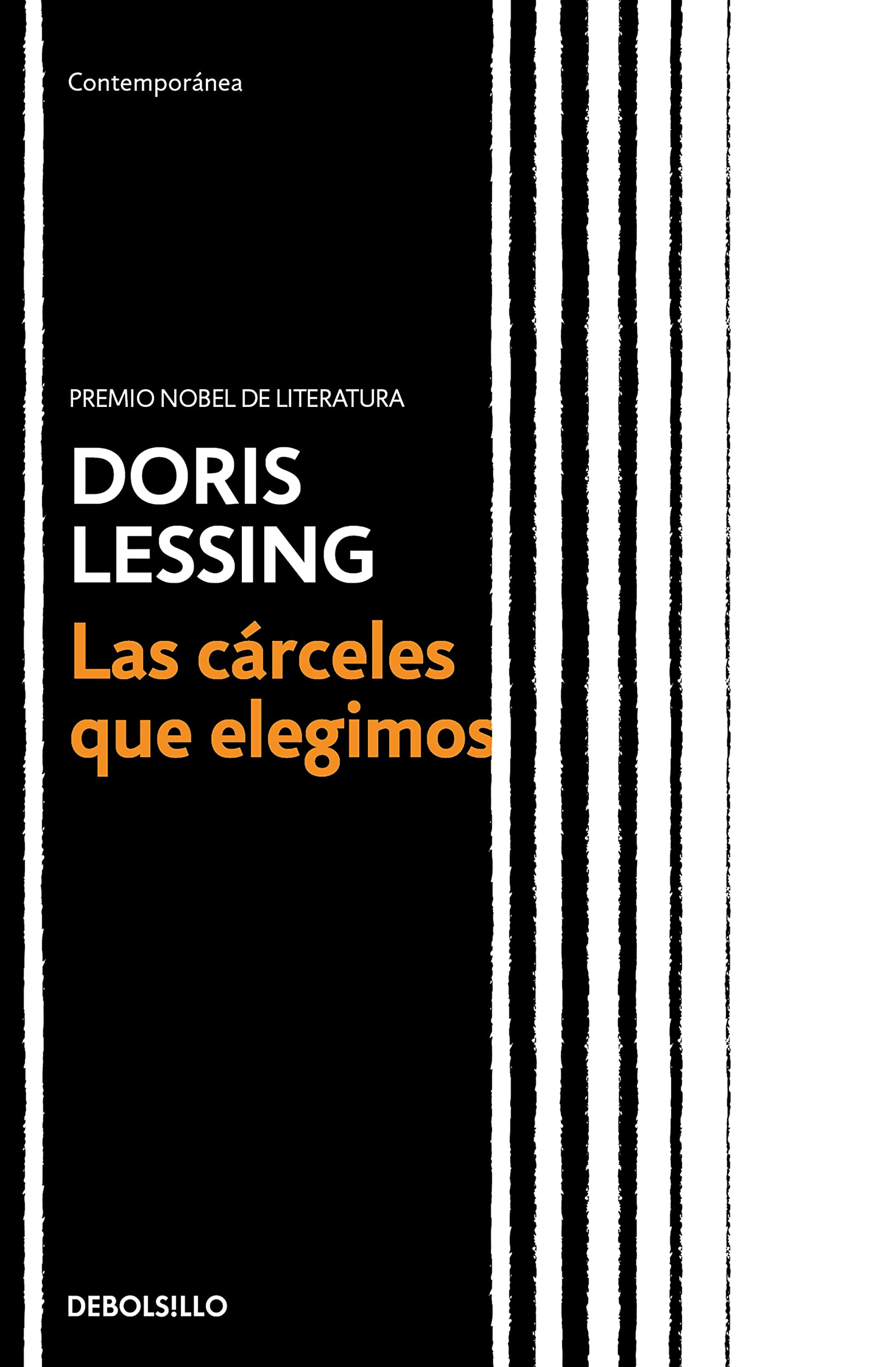What do you think?
Rate this book


144 pages, Mass Market Paperback
First published January 1, 1986
I see writers, generally, in every country, as a unity, almost like an organism, which has been evolved by society as a means of examining itself. […] If you see writers like this – as a stratum, a layer, a strand, in every country, all so varied, but together making up a whole, it tends to do away with the frantic competitiveness that is fostered by prizes and so forth. I think that writers everywhere are aspects of each other, aspects of a function that has been evolved by society.
It seems to me, more and more, that we are being governed by waves of mass emotion, and while they last it is not possible to ask cool, serious questions [in the] cool, quiet, sensible low-keyed tone of voice which, it seems to me, is the only one that can produce truth.
I am not suggesting that the torch of Communism has been handed on to the political correctors. I am suggesting that habits of mind have been absorbed, often without knowing it. There is obviously something very attractive about telling other people what to do. […] It troubles me that political correctness does not seem to know what its exemplars and predecessors are; it troubles me a good deal more that they may know and do not care.
Does political correctness have a good side? Yes, it does, for it makes us re-examine attitudes, and that is always useful. The trouble is that, as with all popular movements, the lunatic fringe so quickly ceases to be a fringe; the tail begins to wag the dog. For every woman or man who is quietly and sensibly using the idea to look carefully at our assumptions, there are twenty rabble-rousers whose real motive is desire for power over others. The fact that they see themselves as anti-racist, or feminists, or whatever does not make them less rabble-rousers.